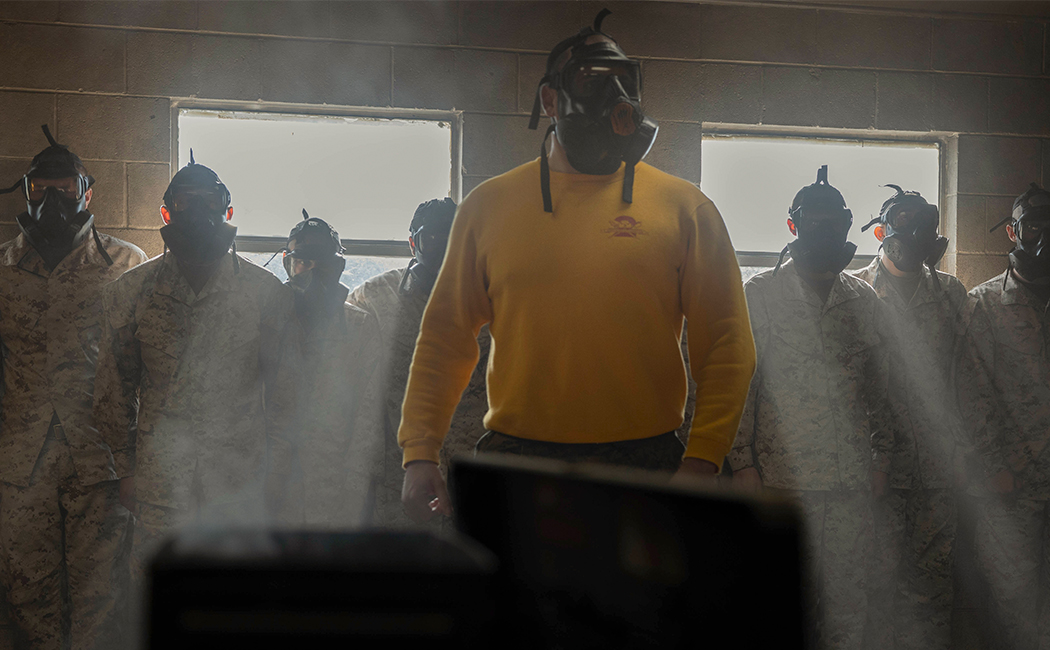
Who is eligible, what compensation is available, and how to apply
VA benefits have been modified and added over the years to not only provide care and compensation to military veterans and retirees, but to their loved ones as well. The VA Dependency and Indemnity Compensation (VA DIC) is one of those benefits, intended to assist the families of deceased service members.
VA Dependency and Indemnity Compensation is a tax-free monetary benefit for the surviving spouse, child, or parent of a service member who either died in the line of duty or from a service-related injury or illness. As with many VA benefits, VA DIC can be overwhelming to understand. Let’s break down exactly who it applies to, what the compensation is, and how to apply for it.
Who is eligible for VA DIC?
There are requirements that family members must meet to be eligible for VA Dependency and Indemnity Compensation, including marital status, employment status, and income. When it comes to spouses, one of the following must be true:
- Married the service member before January 1, 1957
- The marriage took place within 15 years of the veteran’s discharge from service where the resulting injury or illness occurred or worsened
- Were married to the veteran for at least one year
- Had a child with the service member, are not currently married, and either lived with the service member uninterrupted until their death or, if separated, are not at fault for the separation
For children, all the following must be true:
- Not currently married
- Not currently included in the surviving spouse’s compensation plan
- Under the age of 18 (if attending school, this age is extended to 23)
For parents, both factors must be true:
- Be the biological, adoptive, or foster parents of the service members
- Income is below a certain amount
No matter the relation to the veteran, family members do have to provide proof when applying that the service member died while on active duty, died from a service-related injury or illness, or was eligible to receive VA compensation for a service-related injury or illness rated as totally disabling for a period of time.
If the last condition was true, they must have had the total disability rating for at least 10 years before death, since released from active duty and for at least five years before death, or for at least one year before death if they were a prisoner of war who died after September 30, 1999.
What amount of compensation does VA DIC provide?
The amount of compensation that loved ones can expect depends on their current situation and relationship with the service member. It also varies depending on the time of death and rank of the veteran. Please consult the 2020 VA DIC rates to calculate payment amounts.
For service members who died on or after January 1, 1993
Spousal compensation for those in this timeline starts at $1,340.14 per month. If there is no surviving spouse, compensation for surviving children starts at $565.85. Additional money is added if the veteran had a disability rating of totally disabling for at least eight years leading up to their death or if you as the spouse have a disability that requires regular help or prevents you from leaving the house.
As a spouse, if you have children under 18, you will receive $286 per month for the first two years after the veteran’s death plus $332 per month for each child. After the first two years, the $286 will be removed.
For service members who died before January 1, 1993
Compensation for those in this timeline is based on the pay grade category. Monthly compensation for surviving spouses of Enlisted Veterans starts at $1,340.14. The compensation for spouses of Warrant Officers and Officers starts at $1,415.16.
Additional money is available if the veteran had an injury or illness rated as totally disabling for at least eight years leading up to their death. $332 is also added for each child under 18 years old.
If the spouse is also receiving this benefit, VA DIC provides $281.27 per month for surviving adult children between the ages of 18 and 23 who are in a qualified school program. This amount increases to $565.84 for children over the age of 18 who are unable to care for themselves. If there is no surviving spouse, children in these same categories will receive monthly payments based on the number of children in the family.
It is important to note that the VA tries to prevent “double-dipping” whenever possible. If you are eligible for both DIC and Survivors Pension Benefits, the VA will pay you whichever amount is higher. You cannot receive both.
For surviving parents
Compensation amounts for parents are calculated based on yearly income. If you are the only surviving parent or you’re not living with the parent or a current spouse, compensation is only available for those who make $15,641 or less per year. If both parents are alive and live together or the eligible parent lives with a current spouse, compensation is available for those who make $21,024 or less per year.
How to apply for VA DIC
The VA DIC application family members fill out depends on survivor status. Families of service members who died on active duty are assigned a military casualty assistance officer who helps them apply for a variety of benefits, including VA DIC, by filling out Form 21P-534a.
Surviving spouses and children need to fill out Form 21P-534EZ, and surviving parents need to fill out Form 21P-535. These applications are for DIC, Death Pension, and/or Accrued Benefits.
Once you fill out the application, you can mail it to your VA pension management center. If you’re looking for more insight or assistance, visit your local VA regional office to meet with someone in person.
Get the rating and benefits you deserve
Veterans Guardian is dedicated to helping veterans get the VA disability rating they are truly eligible for as a result of their service and sacrifice. Our team has years of knowledge and expertise that have given us a 95% success rate in getting clients a disability rating increase.
We can identify benefit opportunities for you and your family so that you are taken care of for years to come. Most importantly, we will guide you through the claims process from A to Z, so you never have to figure out anything on your own.














